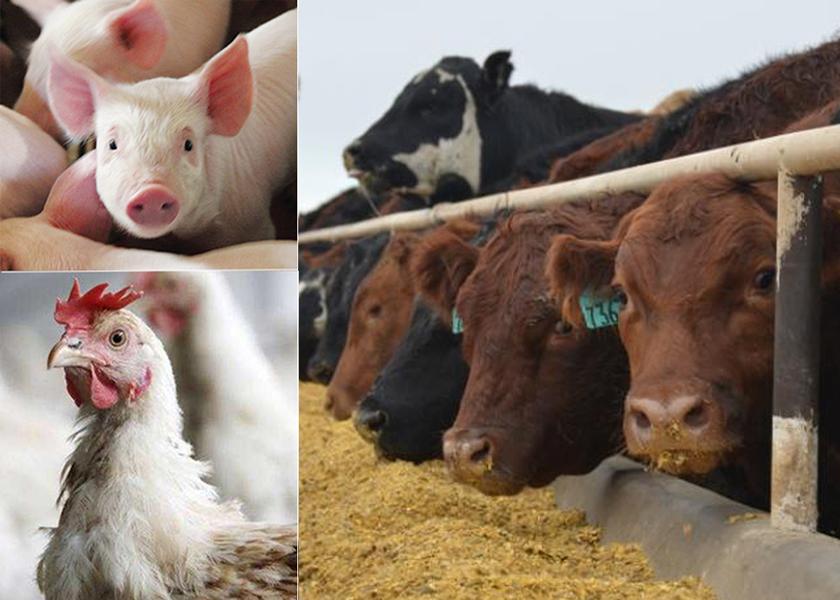UN Food Systems Summit Surprises U.S. Animal Ag Groups

U.S. agricultural organizations prepared for the United Nations (UN) Food Systems Summit with significant caution, due to concerns that it could generate undue criticism of animal agriculture and downplay the nutritional benefits of animal proteins.
The Food Systems Summit, held virtually on Sept. 23, was designed to “set the stage for global food systems transformation” by establishing sustainable agriculture and food distribution goals to be achieved by 2030.
Cheyenne McEndaffer, U.S. Meat Export Federation (USMEF) director of export services, explained in the latest USMEF Report that the event served as a strong rallying point for a wide range of agricultural sectors and gave the U.S. and other food-exporting countries an opportunity to emphasize the importance of technology, innovation and productivity in feeding a rapidly growing global population.
“The United Nations Food Systems Summit has been an 18-month-plus process. And it's really evolved and ended up being very different than I think a lot of folks in the U.S. ag industry anticipated,” McEndaffer said. “A lot of us ag groups started to have some major concerns with some of the initial language because a lot of that verbiage initially had negative connotations and negative focus on animal protein and livestock production.”
She added that’s when they started to see coalitions and groups formed in the U.S. to not only tell the entire U.S. ag story, but also to band together and talk about the benefits of animal protein globally.
“We really saw the protein groups come together and say this isn't just a conversation about red meat. This is an attack on dairy. This is an attack on poultry and eggs. And that really brought us together to not only promote positive animal protein and livestock messaging coming out of the major producers and exporters around the world like US and Canada, Australia, but also really pushed us to focus on what is the total U.S. ag message,” McEndaffer said.
She won’t deny that some coalitions do have some anti-livestock and anti-animal protein language.
“But as far as a larger UN statement that there's no place for animal protein on the table, that didn't come,” McEndaffer said. “So we consider that at least an initial win compared to what we were fearing earlier this year.”
Read More:
How Far Will the Pendulum Swing in the Pork Market?
USDA Launches Loan Guarantee To Build Capacity







